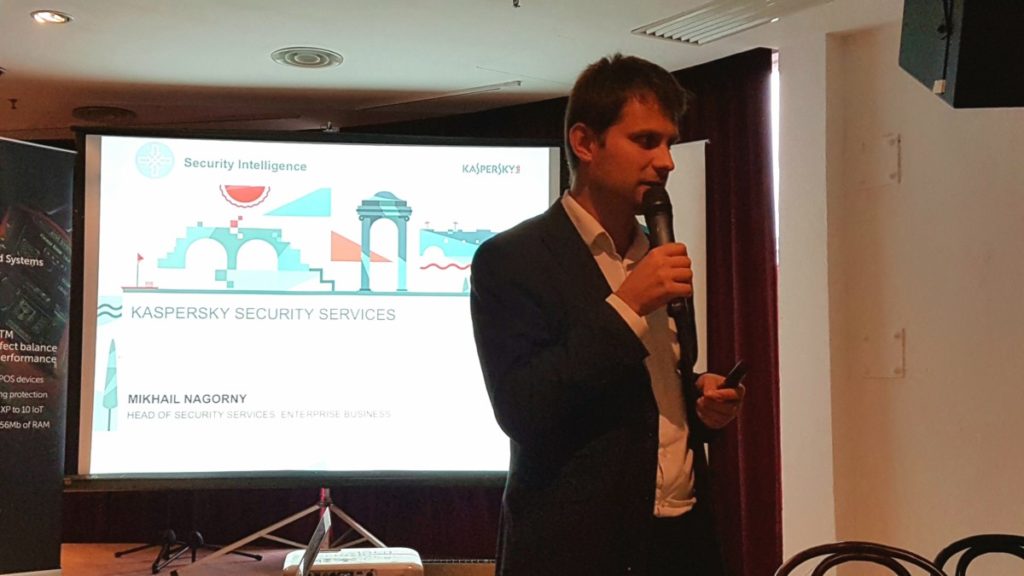
Kaspersky Labs aims to turn the tables on malicious hackers with new security services
During a recent press conference in Kuala Lumpur, cyber-security provider Kaspersky highlighted that the future will see more targeted attacks with the theft of trade secrets, theft of intellectual property, stock manipulation, insider trading and other nastier threats. Other potential threats on the horizon include targeted ransomware and DDoS attacks to garner Bitcoins.
There will also be more aggressive acts of cyber warfare that targets infrastructure with sabotage, Denial of Service attacks, cyber espionage attempts as well as potential false flag operations and social media attacks. Other predictions specific to the Asia Pacific theater include the rise of organised criminal groups targeting the financial sector for profit and the proliferation of cryptocurrency like the aforementioned Bitcoin in ransomware and other extortion attacks.
Kaspersky is taking a preemptive step in the never ending war on malicious threat actors – that’s tradespeak for the hackers and crime consortiums that participate in all manner of cybercrime – with their new Kaspersky Anti Targeted Attack (KATA) platform along with their new Security Intelligence Services. Cybercrime and the cybersecurity companies that oppose them are involved in a perpetual digital arms race as one side attempts to find ways to commit cybercrime while the other attempts to thwart them with more sophisticated, better ways to protect their clients. While sophisticated security systems exist, it often falls down to human error with one erroneous move by an employee potentially jeopardising an entire organisation’s network security. Kaspersky’s new Anti Targeted Attack platform and Security Intelligence Services both aim to deal not just with the human element but also proactively deal with new threats as they arise.
What does the Kaspersky Anti Targeted Attack platform do?
The Kaspersky Anti Targeted Attack platform solution is a proactive, multi-layered solution that monitors network activity which includes traffic, web use as well as e-mail to detect the signs of an attack, even when it is in the subtle initial probing stages. If anything awry is detected, the processes are analysed through several different engines including a sandbox environment before it delivers a verdict if it is the onset of an attack. The sandbox, dubbed the Kaspersky Advanced Sandbox acts as an isolated, virtualised environment to detect suspicious processes to see what hijinks it is up to. It’s the equivalent of putting a suspected bad guy into a virtual environment that looks like an actual working system and seeing what it is up to.
The behaviour of the process is then run through Kaspersky’s Targeted Attack Analyser algorithm that integrates data procesing and machine learning to assess the threat. If it has the hallmarks of an attack, it is then flagged to staff for action. The Kaspersky Anti Targeted Attack platform can be had on its own or as part of a suite of services as needed by organisations and businesses alike.
What is the Security Intelligence Service about?
Kaspersky’s Security Intelligence Services is a suite of tests, reports and services that aim to help large organisations, government agencies, ISPs and the like to better protect themselves. The services include penetration testing to detect potential risks areas before an attack occurs. The services also include Cybersecurity training to ensure staff are aware and trained on network security fundamentals to minimise the risks of an attack. SIS also offers made-to-order reports as requested by clients on the latest threats as needed.
For more news swing by Kaspersky Lab’s official site here.
